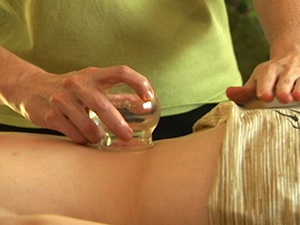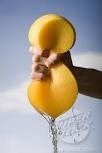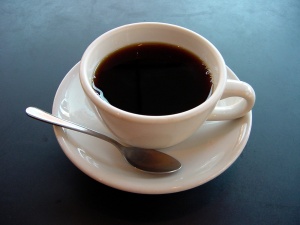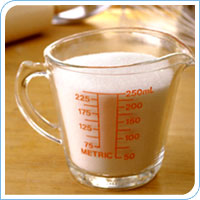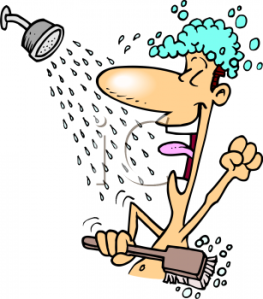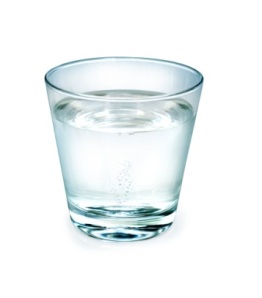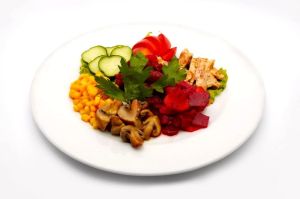 There is no question that diet is one of the most important factors in weight control. Sure there are others as mentioned in my recent overview being: hormones, exercise, mindset, and metabolic set point. However, what you put in your mouth is still the most important aspect. It needs to be done in conjunction with the other factors listed so it’s still not necessarily going to work on its own, but diet is still number one.
There is no question that diet is one of the most important factors in weight control. Sure there are others as mentioned in my recent overview being: hormones, exercise, mindset, and metabolic set point. However, what you put in your mouth is still the most important aspect. It needs to be done in conjunction with the other factors listed so it’s still not necessarily going to work on its own, but diet is still number one.
There is so much misinformation out there. There have been so many diets mass marketed in say the last twenty years. I actually believe many of them are quite good if they are right for your situation and again, done with due regard to the other factors. Some are simply ridiculous though, like soup diets. Really, how can you both lose and maintain ideal weight after a week or two of only consuming soup? This is nuts. While we call get tired of the word diet, it’s still the most appropriate word when it stands for a varied, natural, regular, balanced, healthy eating plan.
Does calorie counting work? Yes, but only if your other factors are in balance, and only if they are healthy, balanced calories. Portion control can be part of this, but when you think about it logically, you really only need portion control when your eating behaviour is imbalanced or you are eating high calorie (particularly carbohydrate) meals. If you are eating super healthy, low calorie, natural foods you can eat as much as you like! Try it if you don’t believe me. Do you reckon (this is a bit extreme) someone who eats lettuce, broccoli, tomato, carrot with a moderate amount of fish or chicken each meal for a week is going to put on weight? No way. All things being equal, they would more than likely lose a kilo or two.
I believe the single biggest dietary factor in weight control today is the ratio between carbohydrates, fats and protein. Many moderns diets (and worse still the way-too-powerful processed food industry) continually try to warn against fat consumption. So many of the products on the supermarket shelves are “no fat” or “low fat”. This is not only ridiculous, it’s simply not relevant! Fats are not the enemy; it’s more the lack of balance, particularly meal preparation that is low or void in protein and high in carbohydrates. The U.S. Department of Health Services recommends the following ratio(s) for optimum health:
Protein 10 – 35%
Fat 20 – 35%
Carbs 45 – 65%
So where in those figures does “no fat” sound like a good idea? Even “low fat” seems somewhat irrelevant. The 20-35% range is certainly not high, but it’s not that low either. We just have to be smart and look at our energy needs. These ratios may shift quite dramatically for a professional bodybuilder and again for a marathon runner. However, most of us are neither of those so we need to look at our energy needs. If you are the average person who is not getting regular exercise and is already overweight you still need carbohydrates but any “bad” ones like sugary foods, chocolate and soft drinks are going to put your energy intake way above what you need (and be stored as fat). Yet, you could get plenty of carbohydrates from fresh vegetables. You don’t even need the starchy carbs such as breads, pastas and rice as your body just wants to store them as fat if you are already overweight.
The other side of the equation is not enough protein. Even if you are being a little bit naughty and having a high-carbohydrate snack, have some protein with/or after it. From high protein/low carb diets I have experienced like the Ultralight and Dukan Diets this is magical. For example, say my resolve broke down in the evening and I reached for the dreaded potato crisps, I would have a nice couple of slices of cheese (seen as protein food although does contain fat). Amazingly, even though you are adding additional calories with the cheese you are actually less likely to put on weight because the protein was there. I won’t go into the science of this as it is quite involved but it just works. Best of all, the more protein you eat the less hungry you feel. For carbohydrates it is the opposite!
We all need to drink more water. It’s not just for hydration and the fact that most metabolic processes create water that ends up in waste (urine). It’s because when you up your protein content these molecules are a bit harder and slower to break down and can thus be harder for your kidneys to filter. Without the water, this can cause long term kidney damage.
So in conjunction with your healthcare professional, if you want to lose weight, up your protein and make sure you consume some protein every time you eat and even when you drink if the drink is not calorie-neutral. Drink at least 1.5 – 2 litres of water and cut down on bad carbs but retain your fats. As soon as you eat sugar or have that chocolate bar or glass of beer, you put your metabolism into a spin and blow your calorie quota for that day. The least you can do is have some protein as well. Eat unprocessed foods and watch your pH balance. When your body is slightly alkaline it seems to even out your metabolism nicely, whereas highly acidic bodies always seem to accumulate fat.
